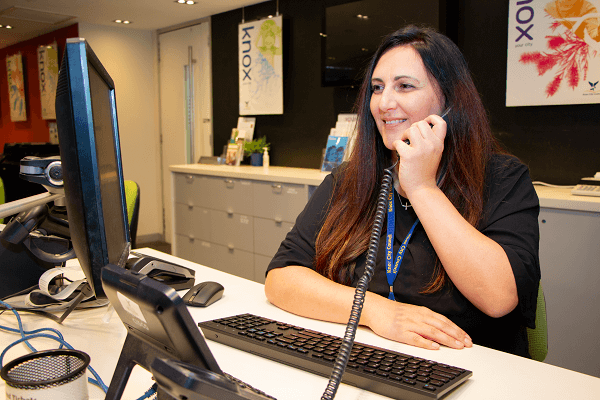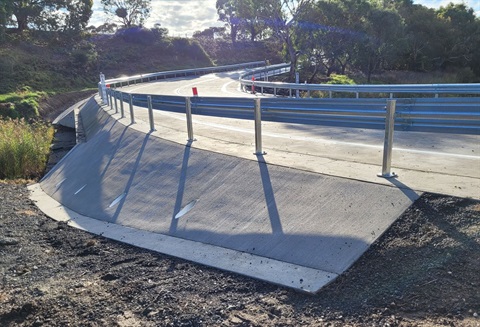Using data from a survey of more than 280,000 adults from 28 European countries, the study found that more than 75 per cent of European adults don’t do any muscle-strengthening exercise, and only 17.3 per cent meet the recommended weekly amount of muscle-strengthening activities.
However, compared to similar Australian data, the results would put Australia in the bottom third of European countries.
Based on surveys conducted in the past decade, Australia’s muscle-strengthening exercise levels are estimated to be around 15 per cent, which is on par with France, Italy and Spain, but well below countries such as Iceland, Germany and the United Kingdom.
Lead investigator Dr Jason Bennie, a physical activity epidemiologist at the University of Southern Queensland, said some factors that might contribute to the low levels include differences in access to community-based health facilities, income inequalities and socio-cultural influences.
“It’s clear most Australians aren’t pulling their weight when it comes to doing the minimum amount of muscle-strengthening exercise recommended and we fall well short compared to those from some European countries,” Dr Bennie said.
The World Health Organisation recommends exercises like lifting weights, push-ups, sit-ups and squats should be carried out at least two days a week to maintain good health and reduce the risk of chronic diseases such as high blood pressure, diabetes and heart disease.
Dr Bennie said there were several strategies that could help boost muscle-strengthening exercise levels, including access to affordable health facilities, equipment and fitness trainers, physical activity campaigns endorsing muscle-strengthening exercise as essential for optimal health and promotion in schools.
“While muscle-strengthening exercise is typically performed at gyms or fitness centres, one thing the COVID-19 lockdown has shown us is how easily it can be done at home,” he said.
“Even a little bit of muscle-strengthening exercise can have immediate health benefits, especially if you are currently doing none.”
The study on the participation rates of European adults in muscle-strengthening exercise was published in The Public Library of Science ONE journal and is available here.









